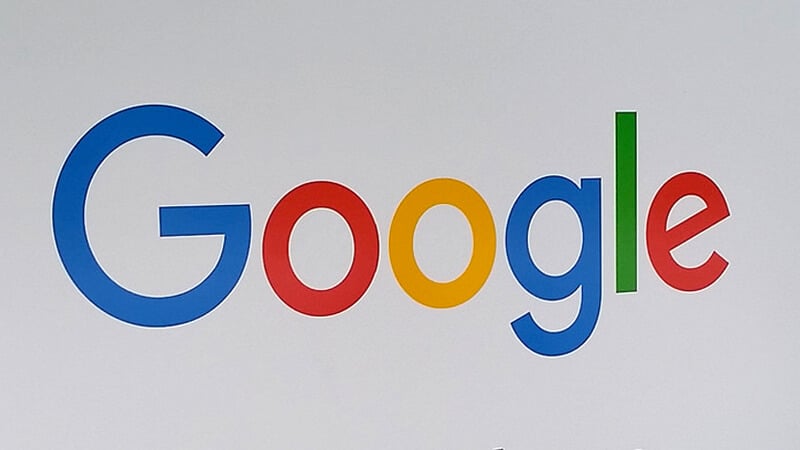Over 15 US Attorneys General have called on Google to provide evidence that it is not blocking pro-life pregnancy centres from its search results.
The State Attorneys General of Virginia and Kentucky spearheaded a letter calling on the parent company of Google, Alphabet Inc., to reject pressure from pro-abortionists to limit the appearance of pro-life centres in Google search results, Google Ads and Google Maps.
Previously, a group of 21 politicians had pressured Alphabet Inc. to limit those results from searches such as “abortion clinic” and “abortion pill”, and to insert disclaimers that they do not provide abortions.
‘Grave assault’
The Attorneys General warned the owner of Google that it would invite legal action if it complied with demands constituting “a grave assault on the principle of free speech.”
They said that religious discrimination could be involved if results on pro-life centres were suppressed because they are often faith-based institutions.
The signatories gave 14 days for Google to respond. Although pro-life centres currently still regularly appear in Google searches, YouTube has announced that it will remove content deemed to be promoting “false claims about abortion safety”.
YouTube
YouTube, also owned by Alphabet Inc., said it prohibits content allegedly “contradicting expert consensus on certain safe medical practices”, carrying “serious risk of egregious harm”.
One example it provided was contradicting guidance on “chemical and surgical abortion methods deemed safe by health authorities”.
In 2008, The Christian Institute issued legal proceedings against Google after the charity’s pro-life advert was blocked because it came from a ‘religious’ organisation.
The case was settled before it reached court, with Google agreeing to change its policy worldwide with immediate effect. This enabled Christian groups across the globe to place ads on the subject of abortion in a factual and campaigning way.
Tech entrepreneur: ‘Silicon Valley is hostile to Christian belief’
Amazon and Google among businesses to criticise Texas religious freedom Bill


